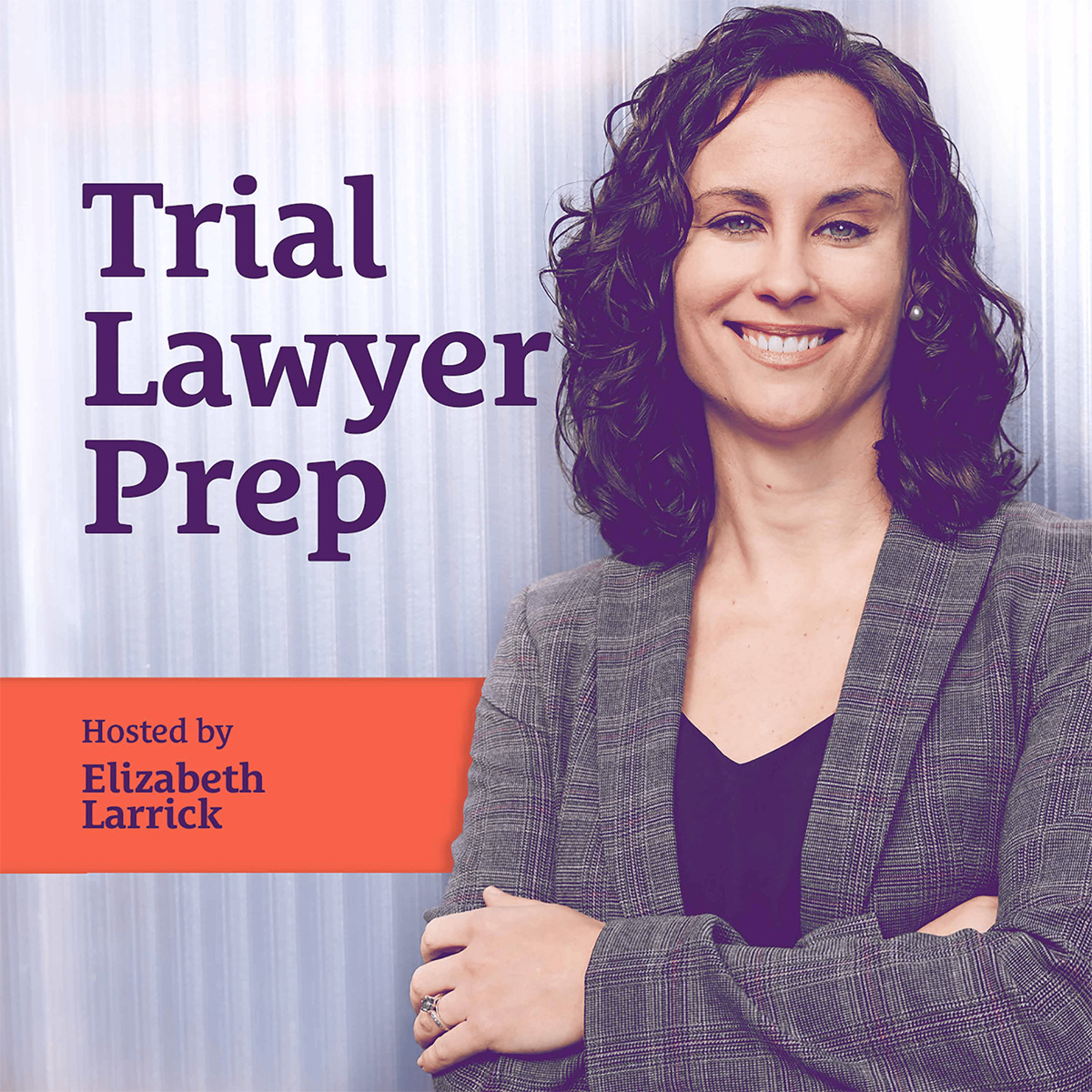What is Grief?
Have you ever thought about the role grief plays in our lives, especially in a legal context? As a seasoned trial lawyer, I’m shedding light on this often-overlooked facet of litigation. Grief is not just a reaction to death, but a universal response to loss. From wrongful death cases to personal injury disputes, this emotional journey can be a complex maze. In this series, I guide you through my own experience with grief recovery, offering lessons that can aid your personal journey or provide understanding for your clients.
We go beyond the conventional understanding of grief, debunking the myth of universal stages and exploring how it can be triggered by both tangible and intangible losses – a business split or a criminal case, for instance.
It’s time to realize that lawyers and their clients may not be cognizant of their own grief, and how it can be navigated. If you’re a trial lawyer or anyone grappling with loss, this series presents a fresh perspective on grief and recovery. So, let’s journey together through this complex spectrum of human emotion.
In this episode, you will hear:
- Understanding grief and its many forms
- Understanding grief in trial law
- Misunderstandings about grief and loss
- Expanding the definition of grief
Follow and Review:
We’d love for you to follow us if you haven’t yet. Click that purple ‘+’ in the top right corner of your Apple Podcasts app. We’d love it even more if you could drop a review or 5-star rating over on Apple Podcasts. Simply select “Ratings and Reviews” and “Write a Review” then a quick line with your favorite part of the episode. It only takes a second and it helps spread the word about the podcast.
Supporting Resources:
To learn more about Grief and The Grief Recovery Method visit: www.griefrecovery.com
To download the free e-book on grief, visit: https://larricklawfirm.com/grief-recovery/
Episode Credits:
If you like this podcast and are thinking of creating your own, consider talking to my producer, Emerald City Productions. They helped me grow and produce the podcast you are listening to right now. Find out more at https://emeraldcitypro.com Let them know I sent you.

